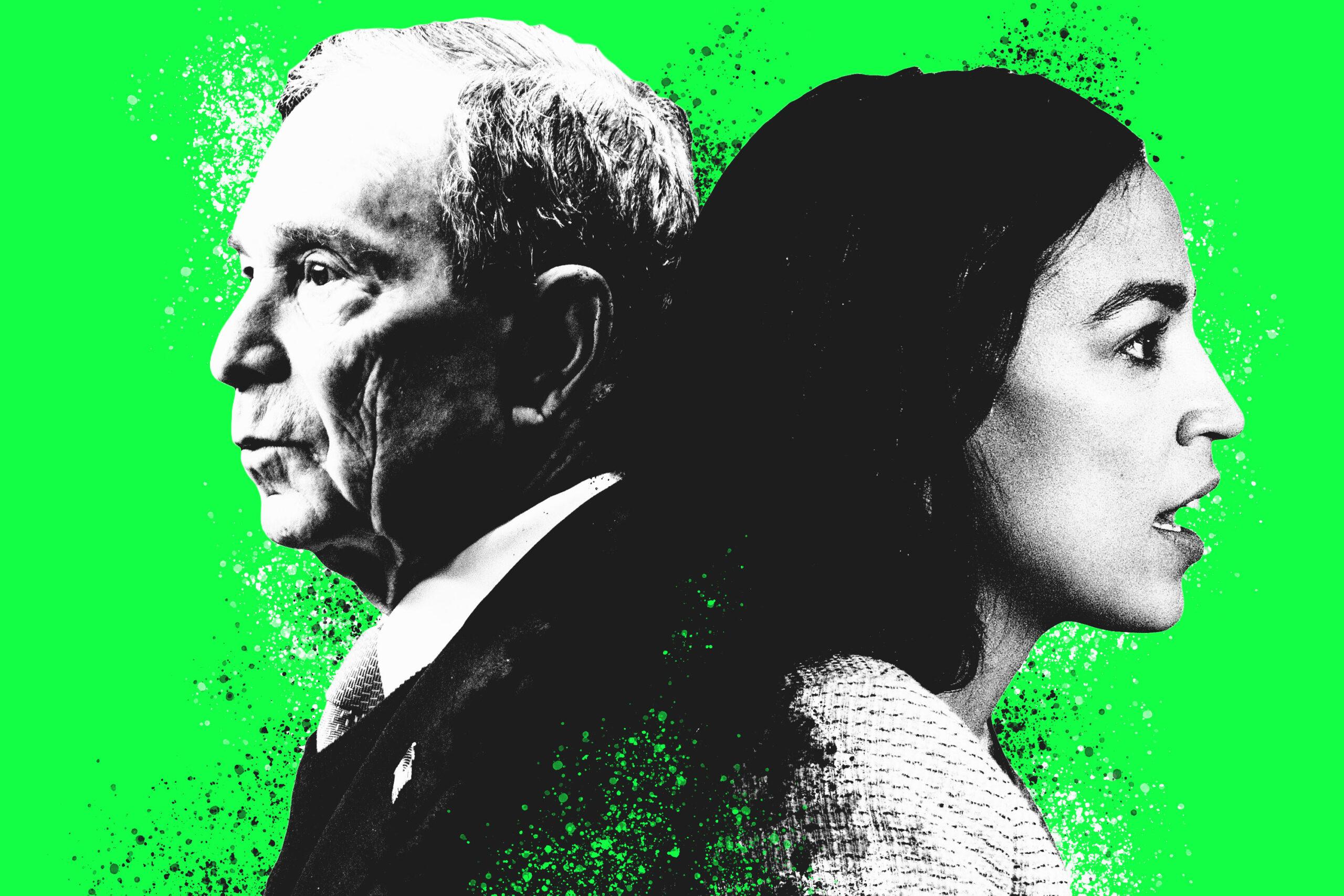
Former New York mayor Michael Bloomberg has declined to run for president in the 2020 election. He’s launching a campaign against climate change instead. Bloomberg thought long and hard about his alternative course. “Should I devote the next two years to talking about my ideas and record, knowing that I might never win the Democratic nomination?” Bloomberg wrote. “Or should I spend the next two years doubling down on the work that I am already leading and funding, and that I know can produce real and beneficial results for the country, right now?”
It is hard to imagine a U.S. presidential election prioritizing climate. On Friday, Washington Governor Jay Inslee launched his presidential campaign with exclusive concern about environmental policy. Inslee is a liberal governor who will struggle to distinguish himself in a crowded field dominated by world-famous figureheads, such as Joe Biden and Bernie Sanders, and press-savvy challengers, such as Kamala Harris and Elizabeth Warren. Still, Inslee’s environmentalism shares common ground with New York Representative Alexandria Ocasio-Cortez’s Green New Deal, a congressional resolution that outlines a broad agenda to reduce greenhouse gas emissions. Inslee describes climate change as “a true national emergency,” a statement that indulged hopes and fears about a Democratic president potentially citing Donald Trump’s national emergency declaration regarding the U.S.-Mexico border as pretext for declaring a national emergency about climate change. On Monday, Rachel Maddow asked Inslee whether he would, as president, declare a similar emergency if Congress refused to address climate change through substantial legislation. “Not under our understanding of the law,” Inslee said. “We believe that would be a violation of the separation of powers.”
Ideally, the Green New Deal will unite democratic socialists, such as Ocasio-Cortez, and conventional Democrats, such as Inslee, behind a broad and ambitious legislative agenda; though the Green New Deal also irritates centrist Democrats like Bloomberg and Republicans like, well, all of them. “The idea of a Green New Deal—first suggested by the columnist Tom Friedman more than a decade ago—stands no chance of passage in the Senate over the next two years,” Bloomberg said. (“The New Deal was not built on a magic bullet, but on a broad range of programs and industrial projects to revitalize America,” Friedman wrote in a 2007 column for The New York Times. “If we are to turn the tide on climate change and end our oil addiction, we need more of everything: solar, wind, hydro, ethanol, biodiesel, clean coal and nuclear power—and conservation.”)
Bloomberg knows climate change legislation is too whimsical to pass into law as long as Republicans dominate the Senate under a Trump presidency, but he’s also objecting to left-wing priorities, such as universal health care and racial reconciliation, in the Green New Deal. “I’m a little bit tired of listening to things that are pie in the sky, that we’re never going to pass, that we’re never going to afford,” Bloomberg said a week before Ocasio-Cortez proposed her Green New Deal resolution in the House. Among Democrats, Bloomberg is hardly alone in his cynicism. California Senator Dianne Feinstein, a senior Democrat, recently berated several small children and their parents for asking her to support the Green New Deal.
Republican majority leader Mitch McConnell has promised to bring the Green New Deal to a Senate floor vote in the next few weeks, if only to force Senate Democrats to record their stances for future reference. The resolution will, of course, fail in the Senate. In the meantime, Republicans have ridiculed the Green New Deal as obsessively as they’ve hectored Ocasio-Cortez personally. Republicans believe the Green New Deal to be frivolous, socialist pamphleteering; and Republican lawmakers have no climate change agenda apart from their classic denialism. It’s a two-party system, and only one party—the minority party—believes climate change to be a real phenomenon, much less a political crisis. So climate change dominating Democratic politics during a presidential cycle does, for now, seem to be the most optimistic scenario.
Inslee describes Trump’s border wall as “a vanity project.” Trump is vain, and his project is bonkers, but the border wall has redefined the politics of pragmatism and the possible. Trump rallied his base behind the wall as a most urgent concern, despite the emergency being a distant farce. The border wall will not substantially improve anyone’s life, anywhere, nor will its construction address any real emergency. If the border wall can overcome reality to become the highest priority in Republican politics, then Democrats may well stand a chance of promoting climate change to emergency status after all.

